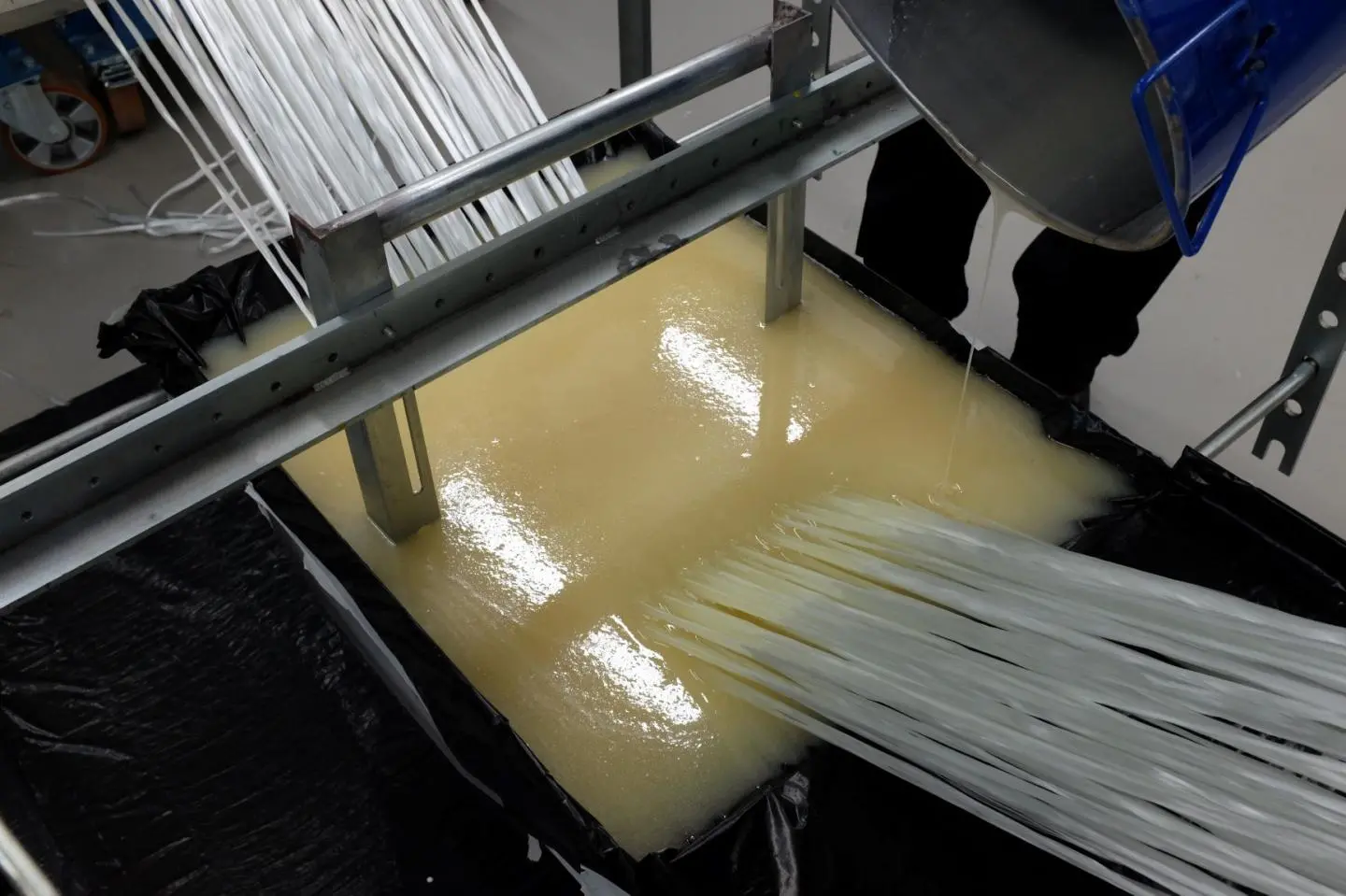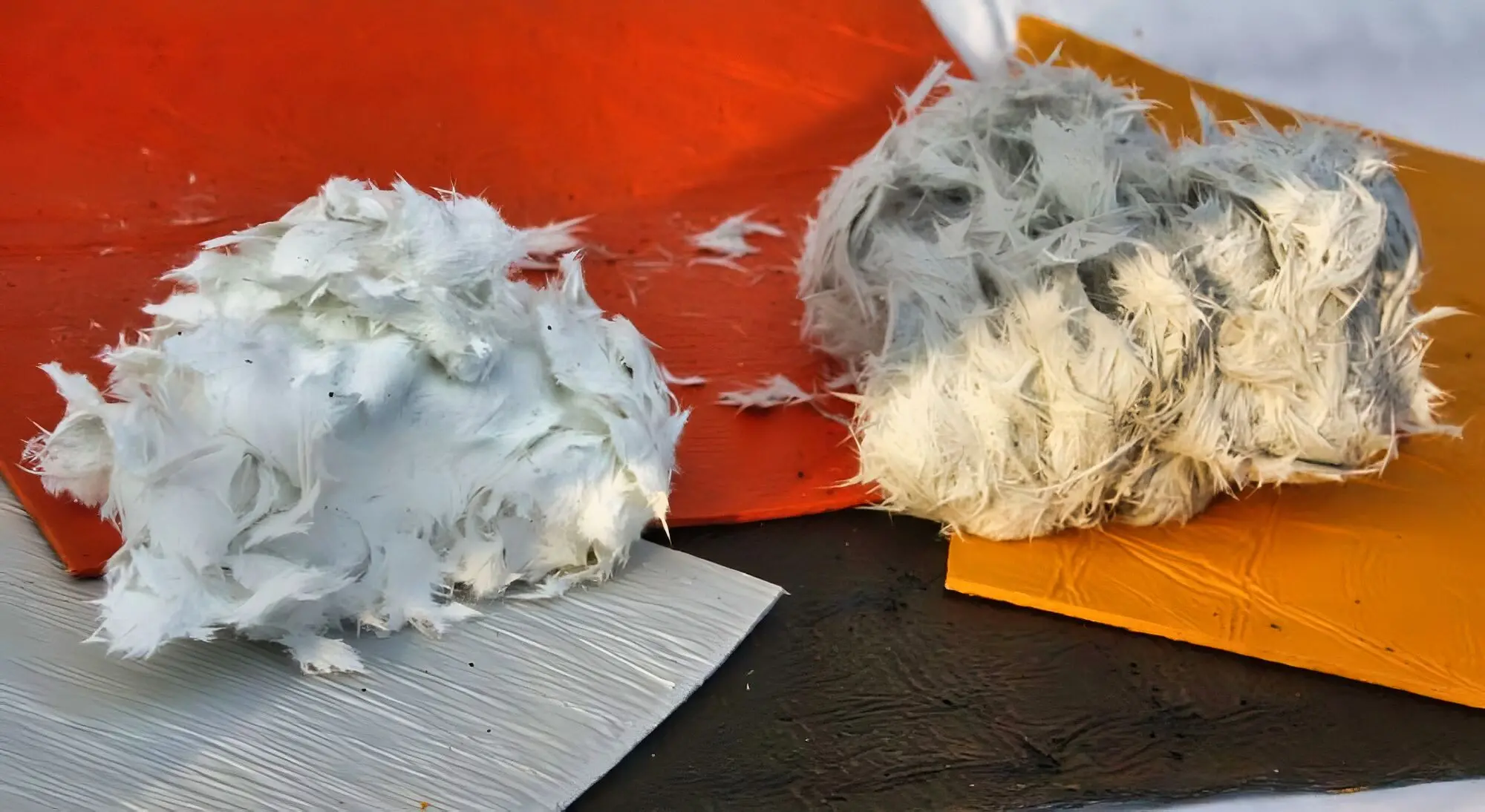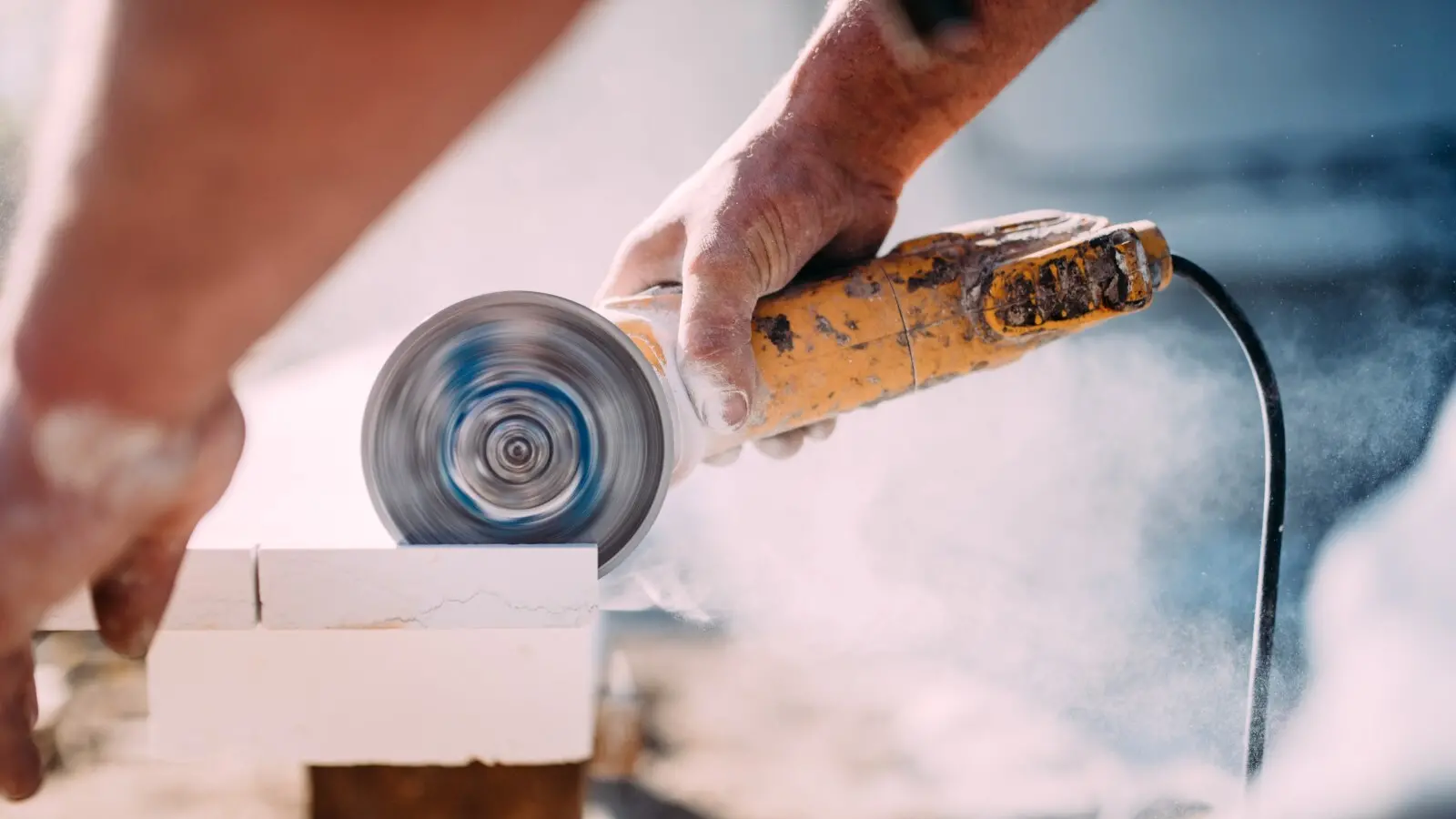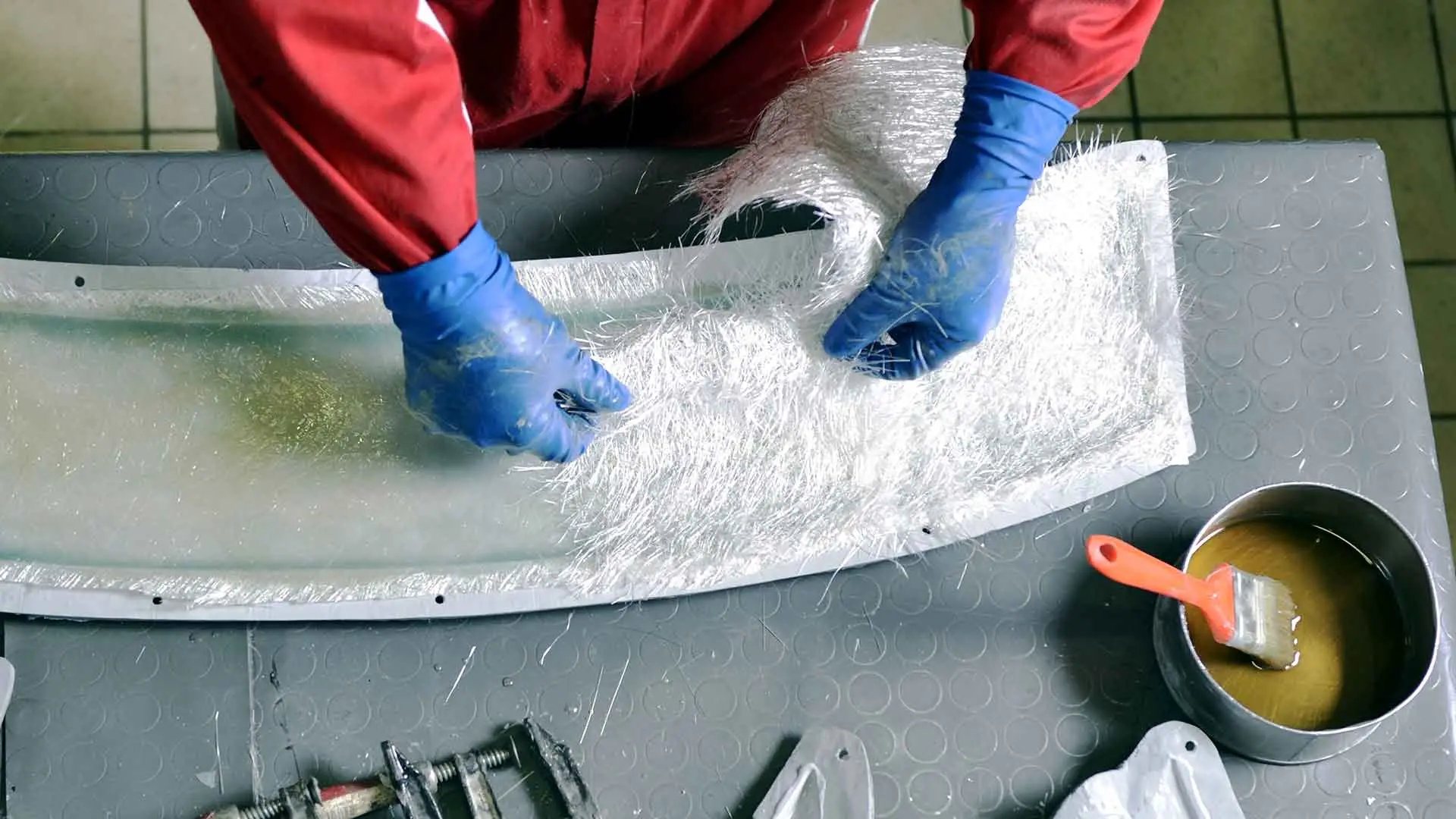How to Address the Whitening Issue of Vinyl Ester Resin When Exposed to Water?
The whitening of vinyl ester resin upon exposure to water is primarily caused by the insufficient curing of the surface layer due to a short post-curing time.
It is recommended to allow the resin to cure for 15 days before putting it into use in an environment at around 25°C. For corrosion protection projects conducted in winter, it is advisable to extend the drying time appropriately. Only when the barcol hardness exceeds 30 should the resin be put into operation.
In rare cases, the whitening may be attributed to inherent factors of the resin itself. Fortunately, once the water evaporates, any white powder on the surface can usually be wiped away, revealing the original resin color underneath, maintaining a hard finish. This type of whitening is typically normal and does not affect the resin’s chemical resistance.
Increasing the proportion of the curing agent (MEKP) can also help mitigate the occurrence of whitening when the resin comes into contact with water.



